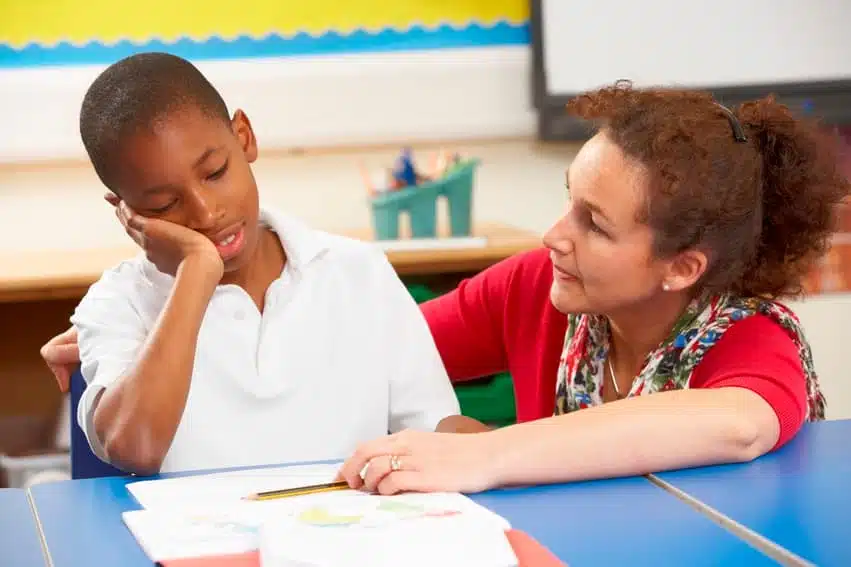One third of children in the UK could need support for mental health problems following the COVID-19 pandemic, psychologists have warned.
Senior educational psychologist Dr Siobhan Currie, chair of Youth Works Northamptonshire, told the British Psychological Society’s conference that more than 30 per cent of UK children and young people feel their wellbeing is much worse since the pandemic.

Dr Currie’s survey found that while the majority of children said that they have coped well with the negative aspects of the lockdowns, 33 per cent admitted struggling to cope with the impact on their mental wellbeing and are likely to require more support.
More than 950 young people aged 11 – 18 years participated in the online questionnaire about their wellbeing during the pandemic, which explored how they coped and how they felt about returning to school. The results were compared to other studies by Office for National Statistics (ONS) and NHS Digital that focused on the same issue.
This findings of the survey were comparable with the ONS and NHS studies that reported similar rise in mental health issues in children and young people. This group may require support as they are at risk of long term damage to their emotional wellbeing.
Many of the children who responded talked about the different ways they coped during the pandemic, such as watching videos and gaming, but also taking up creative hobbies such as baking and art. They were keen to keep things as normal as possible and keep in touch with friends and family, as well as getting back to school as soon as possible.
Dr Currie said: “It’s great news that the majority of UK kids and young people have been able to cope with the mental health impact of the pandemic. Some even say that they have done better.
“However, it’s clear there is a significant increase in those who need support for mental health difficulties. With the extra funding announced, including £8million Wellbeing in Education Return Fund, psychologists should focus on supporting schools to identify and provide the right support to those who need it most. We need to learn lessons and build on the coping methods that young people found most helpful,” she added.


